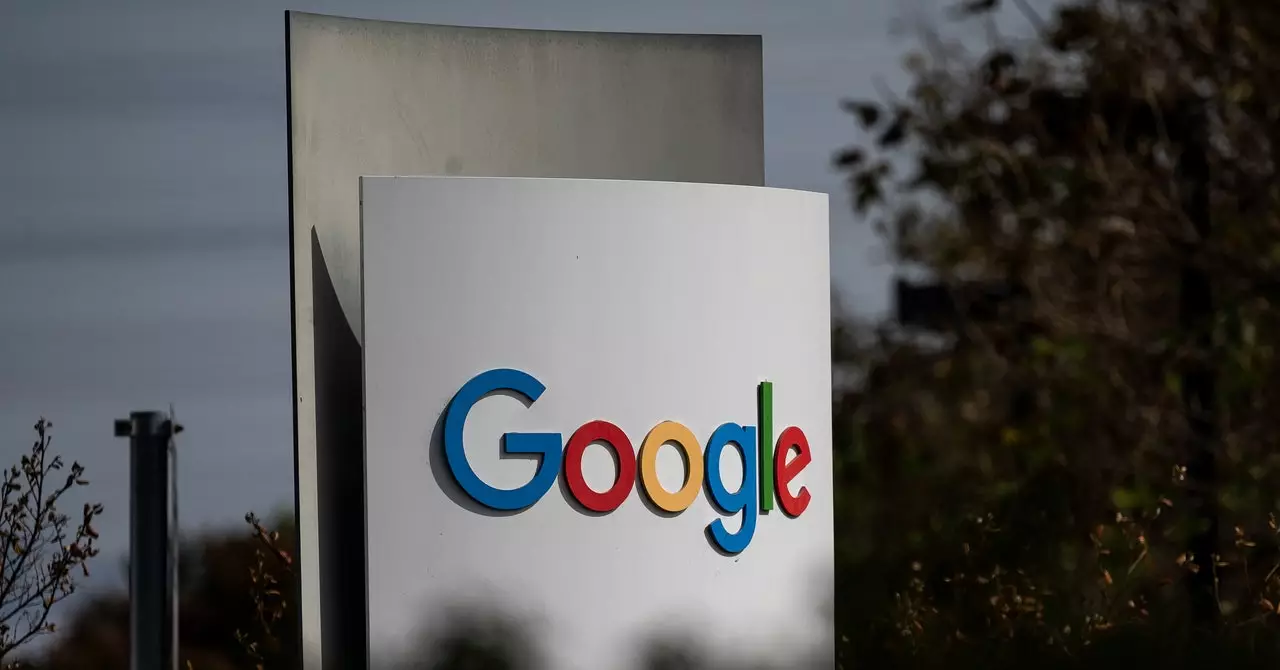The rise of generative AI technologies has intensified the competition amongst leading tech companies, notably Google and OpenAI. As Google’s Gemini Assistant chatbot emerges as a potential challenger to OpenAI’s ChatGPT, the dynamics of this rivalry are further complicated by legal challenges and market conditions. This article delves into Google’s current strategies, regulatory scrutiny, and the evolving nature of search technology, exploring the implications for both consumers and the competitive landscape.
Recent developments in U.S. federal courts have thrust Google into the spotlight, particularly regarding antitrust allegations that question its business practices. A significant ruling in August 2023 by district judge Amit Mehta established that Google violated federal antitrust laws through various deals aimed at securing its position as the default search provider on various platforms, including Apple’s iOS. These agreements often entailed sharing advertising revenue with partners, which Judge Mehta believes aided Google in establishing monopolistic control over search and search advertising.
The implications of these legal challenges are profound. The Justice Department is keen on dismantling Google’s stronghold on both traditional search and emerging AI markets, arguing that a failure to do so may allow Google to perpetuate its dominance in new areas like generative AI technologies. The court proceedings are vital, as they will shape how companies can operate in an increasingly competitive and regulated environment, potentially redefining the landscape of digital search and AI services.
In response to these ongoing legal pressures, Google has put forth a proposal that seeks to navigate the intricate regulatory waters. The company’s recent court filing suggests a three-year plan that would allow more freedom to its partners, such as device manufacturers and wireless carriers, in how they manage the distribution of the Gemini Assistant. By relinquishing the mandatory promotion of Gemini, Google aims to create a more flexible ecosystem while still securing partnerships that could help promote its evolving AI capabilities.
This proposal might be seen as a strategic pivot for Google. By acknowledging the need to loosen its grip over its partners, Google simultaneously attempts to reshape its relationships in a way that does not compromise its competitive edge. However, the complexity of this situation cannot be overstated; a balance must be struck that allows Google to capitalize on its innovative technologies without attracting further regulatory scrutiny.
The arrival of competitive AI systems like Gemini and ChatGPT has electrified the tech landscape, shifting not only consumer preferences but also market strategies. As Google attempts to navigate its legal challenges and bolster its AI offerings, OpenAI’s ChatGPT has carved out a substantial user base. The question looming over the tech world is whether Gemini can truly rival ChatGPT, especially as each platform strives to introduce unique features and leverage their respective strengths.
Investors are keeping a close eye on Alphabet, Google’s parent company, as the ongoing legal saga unfolds. The company has seen a notable increase in share value, indicating a bullish sentiment that perhaps reflects confidence in Google’s long-term prospects, despite the fluctuating circumstances. With shares already up by over 37% in early 2024, the financial market’s optimism may provide Google with the necessary resources to continue innovating and refining its AI technologies, regardless of the regulatory headwinds.
As the landscape continues to evolve, the future of AI-powered search technologies is fraught with possibilities and uncertainties. The emerging rivalry between Google’s Gemini and OpenAI’s ChatGPT underscores a broader trend: the inevitable shift from traditional search paradigms to advanced, conversational AI interfaces. The choices made by both companies in the face of regulatory obstacles will have lasting consequences, not just for their business models but also for the end users who rely on their technologies.
Ultimately, the interplay of innovation, regulatory frameworks, and market dynamics will shape the trajectory of AI advancement. As technology progresses, companies must remain agile, adapting not only to consumer needs but also to the structures set in place by regulators. The ongoing competition among AI giants is only just beginning, and how this plays out will redefine our interactions with technology for years to come.

